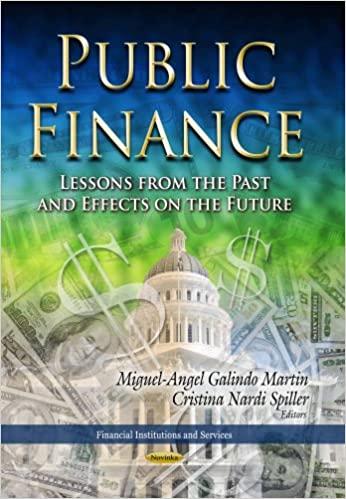Question
McDonalds Corporation has investments in over 100 countries The company considers its equity investment in foreign affiliates capital which is at risk, subject to hedging
McDonalds Corporation has investments in over 100 countries The company considers its equity investment in foreign affiliates capital which is at risk, subject to hedging depending on the individual country, currency, and market. McDonalds parent company has three different pound-denominated exposures arising from its ownership and operation of its British subsidiary First, the British subsidiary has equity capital which is a pound-denominated asset of the parent company. Secondly, in addition to the equity capital invested in the British affiliate, the parent company provides intra-company debt in the form of a 4-year 125 million loan. The loan is denominated in British pounds and carries a fixed 5.30% per annum interest payment. Third, the British subsidiary pays a fixed percentage of gross sales in royalties to the parent company. This too is pound-denominated. The three different exposures sum to a significant exposure problem for McDonalds. The company has been hedging the pound exposure by entering into a cross-currency U.S. dollar/British pound sterling swapCross-Currency Swap: Pay Pounds Receive Dollars The current swap is a 7-year swap to receive dollars and pay pounds. Like all cross-currency swaps, the agreement requires McDonalds-U.S. to make regular pound-denominated interest payments and a bullet principal repayment (notional principal) at the end of the swap agreement. McDonalds considers the large notional principal payment a hedge against the equity investment in its British affiliate. Anka Gopi is both the Manager for Financial Markets/Treasury She wishes to consider the impact of FAS #133 on the hedging strategy currently employed. Under FAS #133, the firm will have to mark-to-market the entire cross-currency swap position, including principal, and carry this to other comprehensive income (OCI). OCI, however, is actually a form of income required under U.S. GAAP and reported in the footnotes to the financial statements, but not the income measure used in reported earnings per share. Although McDonalds has been carrying the interest payments on the swap to income, it has not previously had to carry the present value of the swap principal to OCI. In Anka Gopis eyes, this poses a substantial material risk to OCI How does the cross currency swap effectively hedge the three primary exposures McDonalds has relative to its British subsidiary. How does the cross-currency swap hedge the long-term equity exposure in the foreign subsidiary? Should Anka and McDonalds worry about OCI?
Step by Step Solution
There are 3 Steps involved in it
Step: 1

Get Instant Access to Expert-Tailored Solutions
See step-by-step solutions with expert insights and AI powered tools for academic success
Step: 2

Step: 3

Ace Your Homework with AI
Get the answers you need in no time with our AI-driven, step-by-step assistance
Get Started


